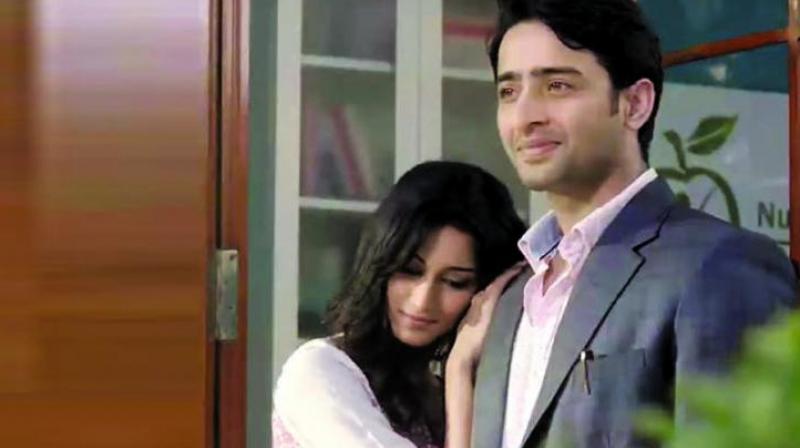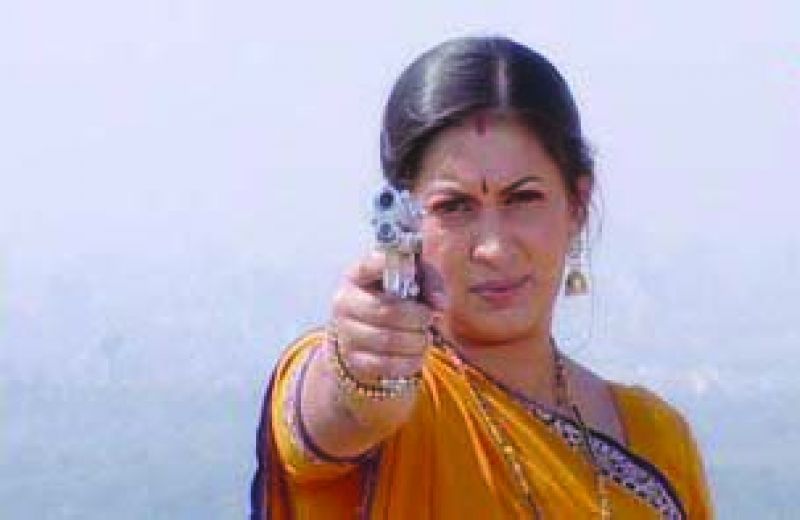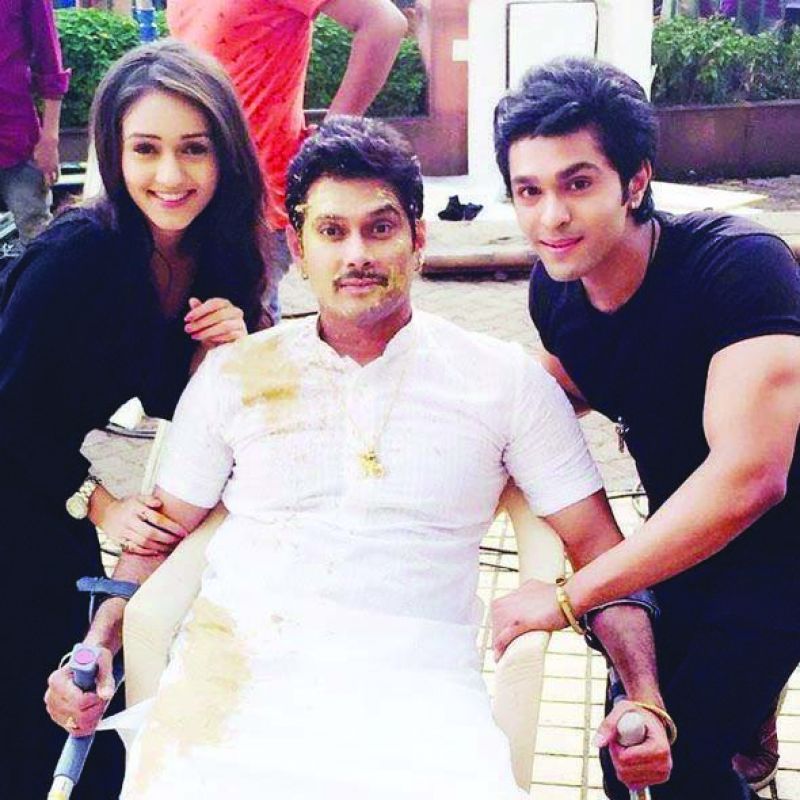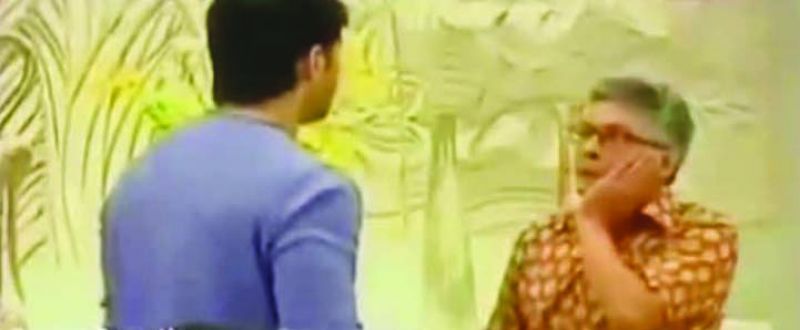TV buffs (over) react to slapgate

That television has a fiercely loyal audience is a known fact. The allegiance however, is a double-edged sword. While on one hand the viewers swear by their favourite shows and actors, on the other, they can be brutal if the story doesn’t quite align with their line of thought. The hugely popular show Kuch Rang Pyaar ke Aise Bhi for instance bore the brunt of this obsessive side when they received a backlash after a scene from the show was leaked online. It shows the character of Dev (accidentally) slapping his father-in-law Bijoy. From humble requests to edit the scene to scathing comments questioning the integrity of the writer, the team got an earful on its social media pages.
 A scene from Kyunki Saas Bhi Kabhi Bahu Thi
A scene from Kyunki Saas Bhi Kabhi Bahu Thi
Director of the show, Yash Patnaik however, is unwavering in his approach though. He says, “The audiences’ feedback is very important but that we can’t write every character keeping Lord Ram in mind. It is only during situations like these that we can show the dynamism of a character. It is a very well thought out track depicting the equation between both the families.” So will he or won’t he consider the audience’s reactions? “Alterations happen when there is a ‘mistake’ in the storyline. That is not the case here. If I start showing everything that’s real, I’ll have to make a documentary; will the audience watch it then?” he asks.
 A scene from Saath Nibhana Saathiya
A scene from Saath Nibhana Saathiya
The show’s writer and popular pop-corn fiction creator, Durjoy Datta concurs. In fact, he looks at the backlash as a positive sign. “The fact that the people are reacting so strongly to the show means that they are engaging with it. It was never a show with frothy relationships, it was meant to have complications.”
Interestingly, this is not the first time that audience has had tried to play censorship scissor-hands with Kuch Rang. This other sequence stirred a controversy when the mother (Supriya Pilgaonkar) was privy to her son’s bedroom drama. In Saath Nibhana Saathiya, when they showed Meera (Tanya Sharma) marrying her sister’s father- in-law it created a similar resentment with a section of the viewers condemning it for the non-traditional approach.
Nivedita Basu, a television producer who has worked as creative director at Balaji Telefilms recalls the time the viewers went berserk following the sequence where the iconic character of Tulsi was seen shooting her own son. She recounts, “I remember when Tulsi shot Ansh onscreen, there was an uproar among a certain set of audience who thought it was too bold and grim a scene. But that’s the whole point — for the character and plot to be unpredictable. If people start guessing what’s going to happen next, where the fun?” she asks.
According to Ravindra Gautam, director of Bade Achche Lagte Hai, whether one likes it or not, one must bow a certain extent to the viewer’s discretion, given the demographics of the market. “In television, the family values are paramount because one watches it in the living room with the entire family. For instance, if relationships are portrayed in a wrong manner on TV, one needs to make sure that they are resolved in the same episode; the makers should be careful that they do not stretch it too far. Movies get over in a short span of time, but television shows go on for a long duration and later what they see tends to reflect on the persons psyche. We always put ourselves in the audiences’ shoe to understand what they may like or dislike before writing the script.”



